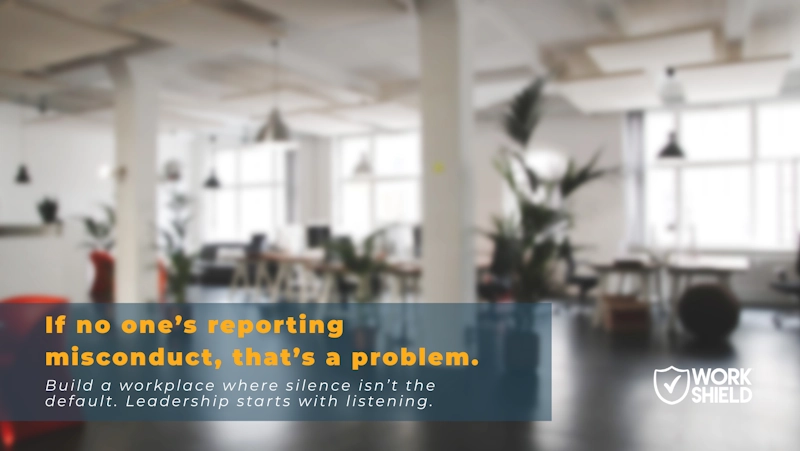Organizations need a comprehensive wellness strategy to establish a secure and productive work environment. According to the American Psychological Association, 92% of employees believe working for an organization that cares about their emotional and psychological health is essential. This deep-rooted commitment to physical and mental well-being fosters a nurturing environment and promotes long-term success in both immediate accomplishments and sustained growth.
However, the concept of psychological safety in the workplace is often misunderstood, extending beyond the well-being of employees. Let’s look at how to make a workplace safe and secure, as well as effective strategies for fostering a physically and psychologically secure organization.
Understanding The Importance of Psychological Safety
Forbes defines psychological safety as the “belief that you have the freedom to speak your mind and make a mistake without being punished,” creating an environment in which employees feel comfortable taking interpersonal risks. According to the Harvard Business Review, when psychological safety fails to meet expectations, employers may experience detrimental effects on employee well-being, heightened stress levels, visible burnout, increased turnover and negative impacts on an organization’s bottom line. This highlights the importance of allowing employees to openly and honestly express their concerns and make mistakes without the fear of retaliation or unfair treatment.
Psychological safety also positively impacts employers, allowing them to prioritize organization-wide protection of misconduct, resulting in better decision-making and laying the groundwork for a culture of continuous learning and improvement. These efforts, as highlighted by HR Executive, will result in improved employee dynamics and satisfaction and reduced turnover and hiring costs. Workplace psychological safety extends beyond many of the well-being factors that are common in organizations. As mentioned in Fast Company, psychological safety allows organizations and employees to ensure that all opinions are valued equally and risks can be taken by nurturing creativity, collaboration, and resilience.
Creating a Culture of Psychological Safety
Building a safe culture is a gradual process that unfolds over time through the commitment of compassionate employers. Transparency, employee support programs, and a third-party workplace misconduct solution should all be included in the development of psychological safety. While only 37% of employers provide their employees with insights into important business decisions, transparency remains an important aspect that employees seek in an organization. An open and honest workplace allows employees to feel at ease and valued when sharing their thoughts and opinions, which is closely related to the concept of psychological safety in the workplace.
Taking proactive steps to improve psychological safety in the workplace should include providing employees with accessible resources and support, such as employee assistance programs, to help prevent workplace misconduct and foster a sense of appreciation and recognition in all aspects of their work environment. Employee assistance programs protect psychological safety in the workplace by making employees feel valued and seen in all aspects.
Workplace Safety Through an Third-Party Misconduct Solution
In today’s dynamic workplace, it’s not enough to merely acknowledge employees; they need to be genuinely valued and heard. Work Shield’s comprehensive workplace misconduct solution offers organizations a fair and efficient approach to addressing misconduct. This approach not only enhances workplace psychological safety but also empowers employees to report incidents they’ve experienced or witnessed. And what sets Work Shield apart is its data-driven insights, which help organizations gain a clearer understanding of the extent of misconduct incidents and enables them to spot trends to aid in making more informed business decisions.
Although psychological safety is frequently overlooked, it plays an important role in determining workplace success. Employers can foster more engaged and healthier employees in the long run by implementing solutions such as transparency, employee assistance programs and Work Shield’s full-service misconduct solution.





